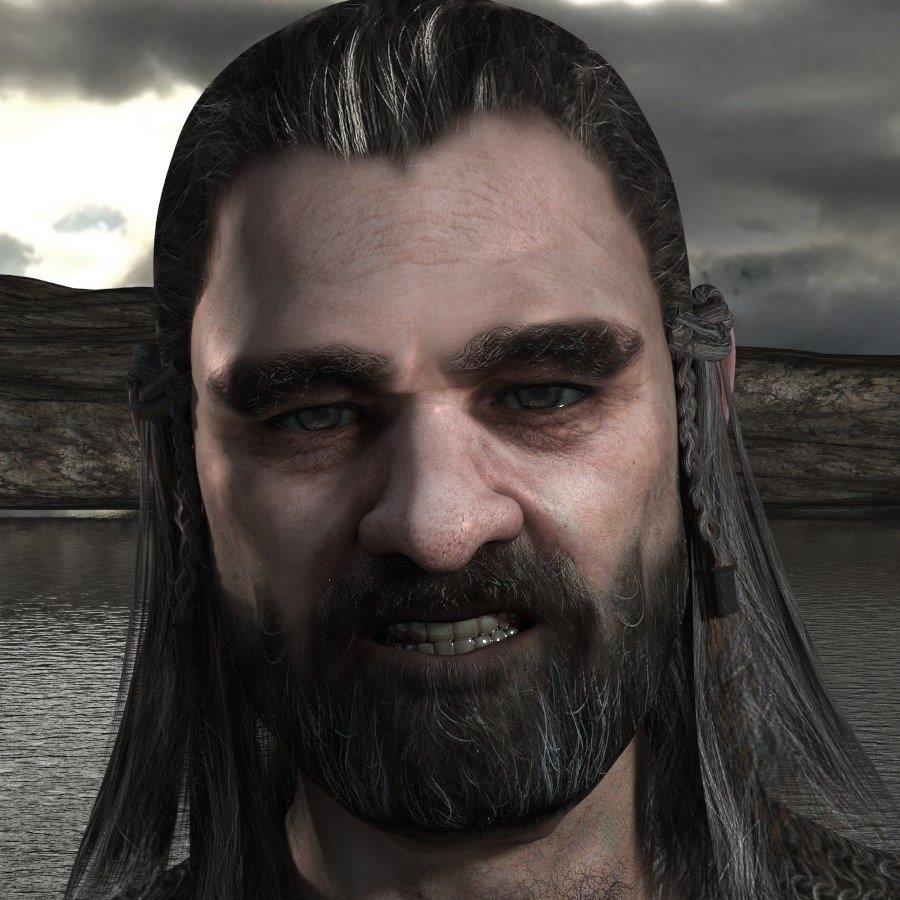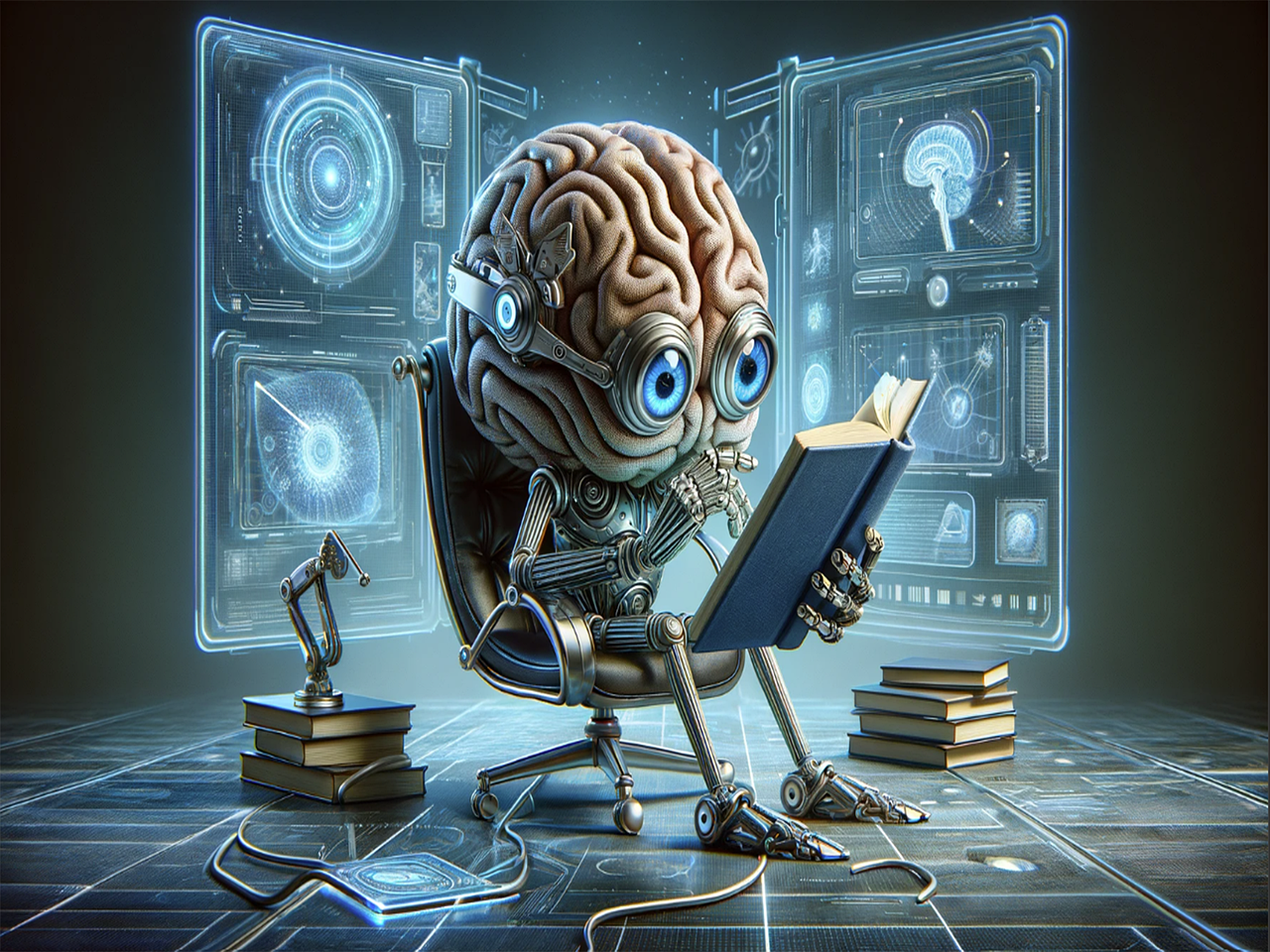1. Understanding Historical Context
- Major Past Catastrophes: History is filled with catastrophic periods that would arguably be considered “worse” than the present day:
- The Black Death (1347-1351): This plague killed about 30-60% of Europe’s population in just a few years, leading to massive social upheaval and economic collapse.
- World Wars I and II (1914-1918 and 1939-1945): These wars resulted in unprecedented levels of death, destruction, and trauma, affecting millions globally.
- 1918 Spanish Flu Pandemic: In the wake of WWI, a pandemic killed an estimated 50 million people worldwide.
- Pre-Modern Hardships: For much of history, people faced challenges like high infant mortality, low life expectancy, widespread disease, and lack of rights, especially among marginalized groups.
2. Why Today Feels So Intense
- 24/7 News and Social Media: The rapid, constant flow of information, often focused on sensational or negative events, creates a sense of perpetual crisis. Social media amplifies both personal and global issues, making them feel omnipresent and emotionally immediate.
- Visible Inequality and Injustice: Information access highlights disparities and injustices worldwide, creating awareness but also emotional strain as people see and feel more affected by these issues.
- Global Issues on Unprecedented Scales:
- Climate Change: The existential threat of climate change, combined with extreme weather events, gives a sense of urgency and long-term instability.
- Political Polarization: Increasing political divides and democratic backsliding in many countries make people feel more uncertain about the future of governance and personal freedoms.
- Economic Uncertainty: Rising living costs, housing crises, and economic inequality lead to financial anxiety for many.
3. Today’s Unique Progress and Advantages
- Scientific and Medical Advances: Despite present challenges, the 21st century has some of the best healthcare, technology, and science in human history, enabling us to treat diseases, communicate globally, and access vast information.
- Human Rights and Social Progress: Many societies today provide greater protections for minority groups, women, and marginalized communities than ever before. Although there’s still much progress to be made, rights and freedoms are more widespread than in most historical periods.
- Decline in Global Poverty and War: Global poverty rates, though still an issue, have decreased significantly over the past few decades. Similarly, the number of people who die in wars and conflicts has generally declined since WWII, with international organizations working to prevent large-scale conflicts.
4. Psychological Effects of Today’s Challenges
- "Presentism" and Negativity Bias: We tend to view current events as more intense or significant because they feel immediate. Humans are also wired with a negativity bias, making us more likely to focus on threats and negative news.
- Information Overload: Constant exposure to global crises without direct action channels can lead to "compassion fatigue" or a sense of helplessness, making it feel as if things are worse than they are.
5. Assessing the Risks of Today’s Issues
- While today is not necessarily the "worst time in history," there are genuine, unprecedented challenges facing humanity, particularly with climate change and technological risks (like artificial intelligence or nuclear technology). These are complex, global issues that demand coordinated action to avoid large-scale future crises.
- On the positive side, modern technology, international cooperation, and grassroots movements mean we have unique tools for addressing today’s challenges.
6. A Balanced Perspective: Resilience Through History
- Human societies have faced—and overcome—terrible hardships, from pandemics to wars to economic collapses. In most cases, these periods were eventually followed by recovery, innovation, and resilience.
- By understanding the challenges of the past, we gain perspective on today’s difficulties and the progress that is possible, even in times of crisis.
In conclusion, while today’s challenges are complex and urgent, history shows that humans have faced incredible hardship and evolved. Whether or not today is "the worst time" depends on our perspective and focus. For some, especially those in war-torn or economically challenged areas, it might very well feel like the worst. But on a global scale, we are more connected, informed, and capable of collaborative problem-solving than ever before.


